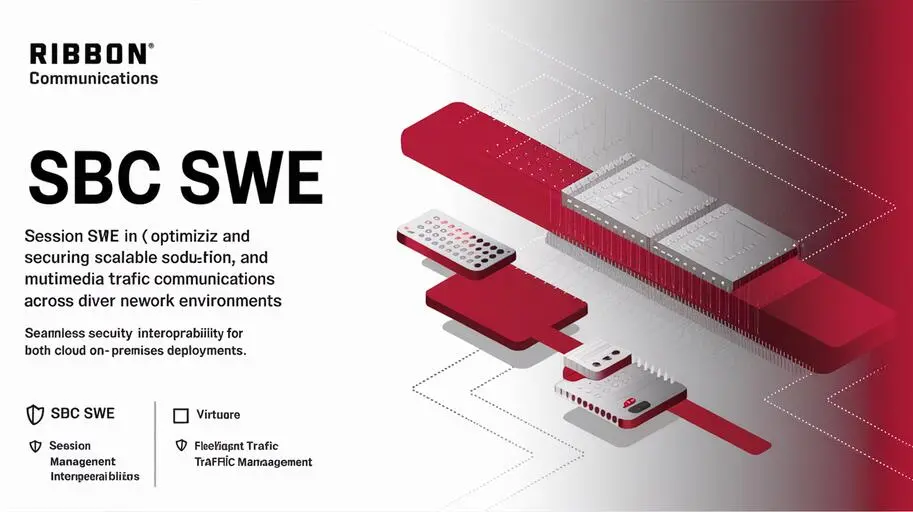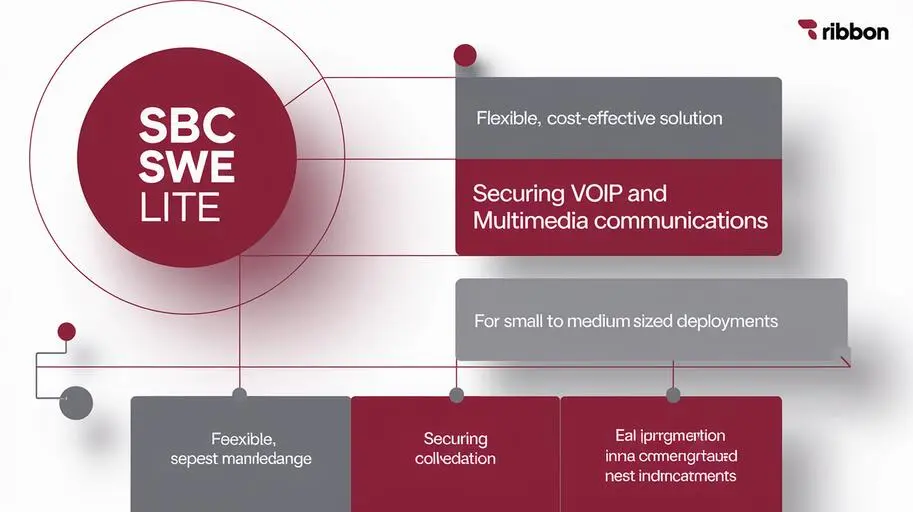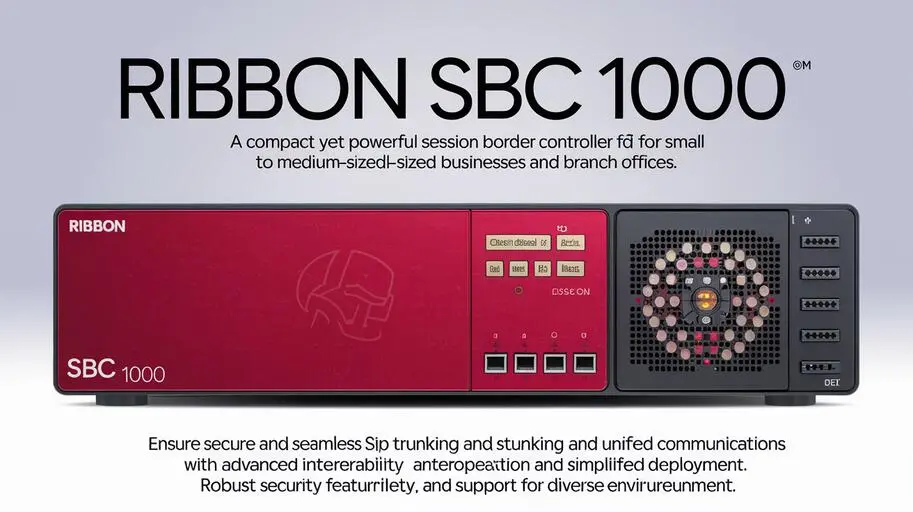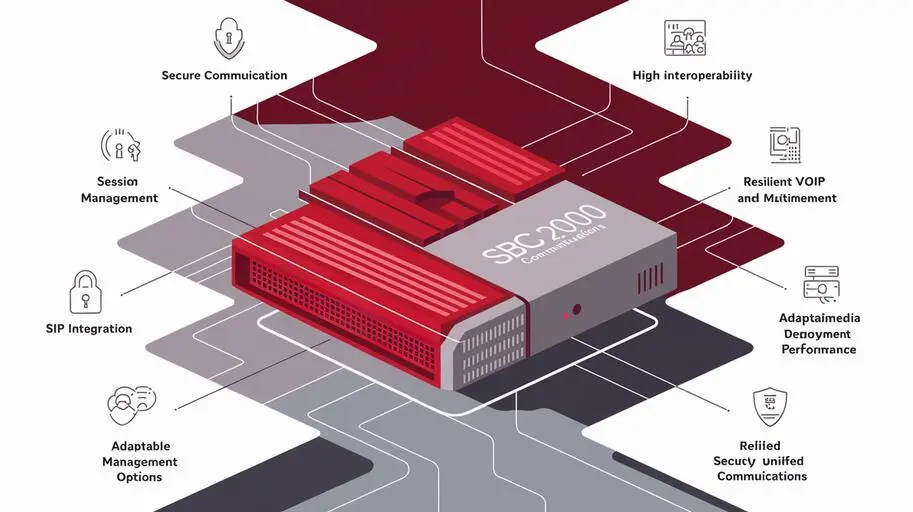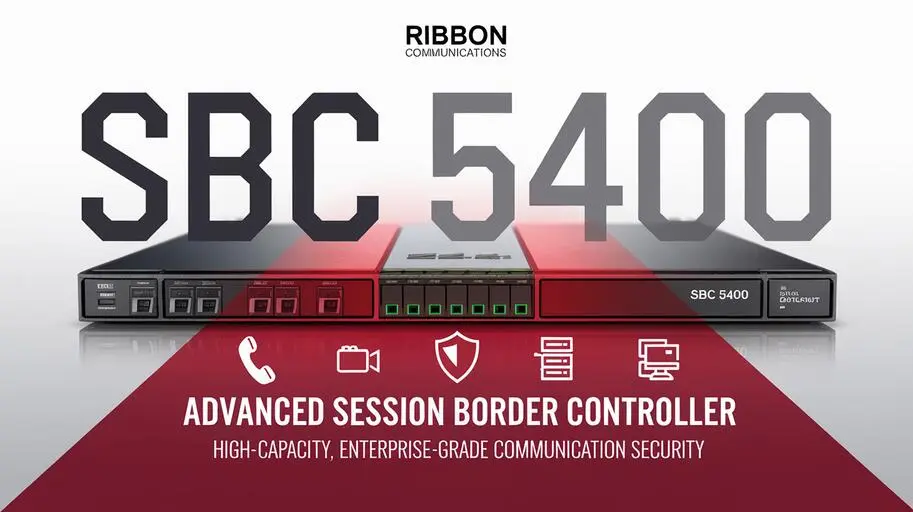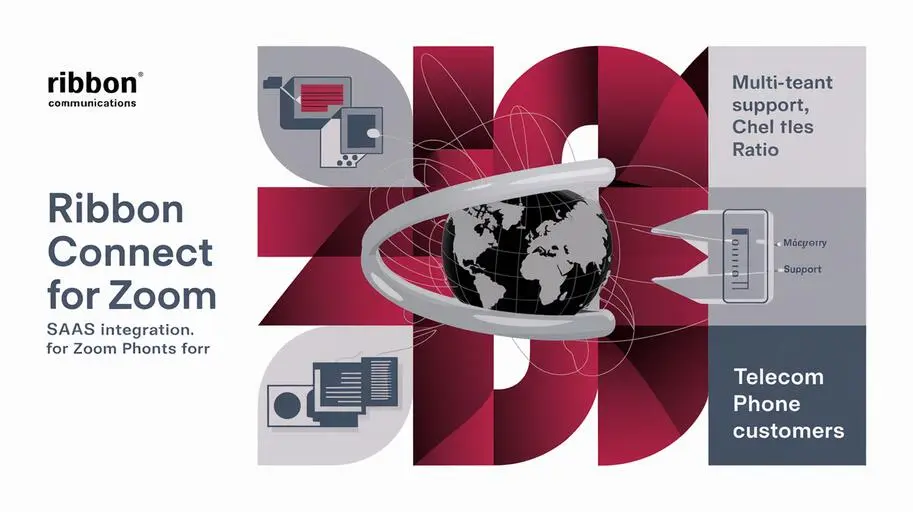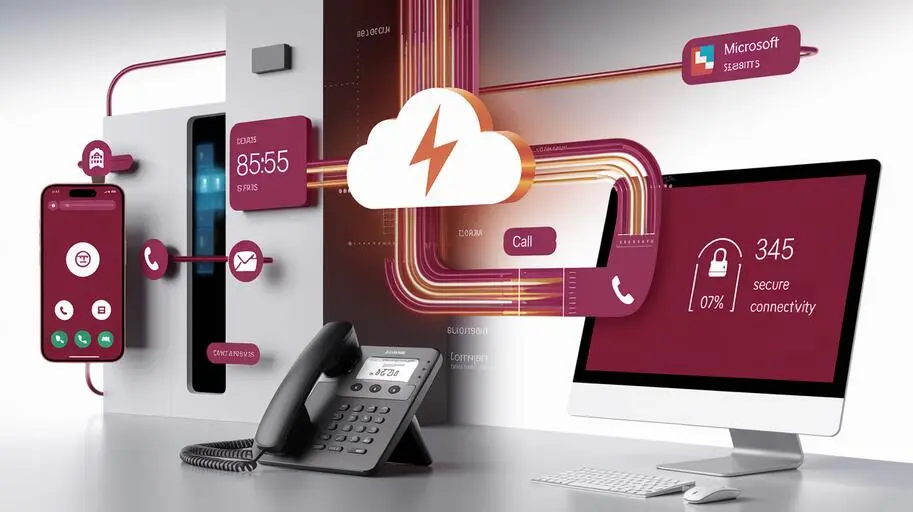
SBCs are specifically designed to help enterprises deploy UC more quickly, easily and securely. For example, as your enterprise communication strategy transitions from a legacy Time Division Multiplexing (TDM) architecture to a new, Internet Protocol (IP)-based UC network, you will encounter new and different requirements for security, call routing, interworking and network management.
You might think your existing network solutions such as next-generation firewalls will secure your network. But they do not provide the robust security or intelligent session control capabilities inherent in an SBC that UC networks demand. SBCs provide a UC-centric platform that allows enterprises to quickly, safely and efficiently transition to IP-based communications without exposing their network to security or quality issues.
So, how does an SBC help your enterprise make the transition to Unified Communications? Here are 5 important reasons for using an SBC in your UC network:
1. Security
Session Initiation Protocol (SIP) attacks can occur for a variety of reasons and from a variety of sources, and can significantly impact an enterprise’s productivity and revenue. Some attacks are designed to bring a network down, such as a denial-of-service (DOS) attack. By constantly flooding the network with SIP messages, bad actors can disrupt or even shut down operations, and much like kidnapping, will only stop once they have extracted ransomware payments from you. To stop these SIP-based attacks you need an SBC to protect the enterprise UC network and to ensure the security and flow of SIP sessions as they traverse between secure and non-secure endpoints.
2. Intelligent Session Control
SBCs are not only responsible for terminating SIP sessions at the network border—they also select the optimal route to deliver that call to its final destination. This selection process, referred to as call routing, is one of many intelligent session control policies that the SBC enforces in order to ensure the smooth and efficient flow of traffic in your enterprise network. That efficiency can result in significant savings for enterprises.
3. SIP Interoperability
Another key role of an SBC is to mediate SIP communications between different devices. While SIP is an industry-standard protocol, and industry standards are designed to ensure consistency across implementations, the reality is that SIP is not consistently implemented the same by vendors. The problem lies with the way in which the SIP guidelines were written, allowing individual vendors to decide how best to implement SIP through suggestions rather than hard rules. As a result, an IP-PBX from Vendor A and an IP-PBX from Vendor B may “speak” SIP differently, requiring an SBC for translation (known as SIP normalization) to ensure that signaling instructions are properly communicated.
4. Media Services
Different kinds of communications networks use different codecs (coder/decoders) to convert voice signals for digital transmission. These different codecs are the reason why voices on your cell phone and your home phone sound different. Various codecs may consume a lot of bandwidth to deliver better sound quality, or use less bandwidth to provide faster transmission. Any true SBC has the ability to translate between these different codecs, a process known as media transcoding. Transcoding has two advantages for enterprise networks: it can reduce the network bandwidth that a call consumes by temporarily translating a high-bandwidth codec into a lower bandwidth codec, and it can improve voice or video quality by translating communications into a codec that the end-user device natively supports. This latter advantage is especially important as more enterprises move to high-definition (HD) voice, which often requires transcoding but in return delivers a measurably better experience for call center customers.
5. Scalability
SIP communications traffic will continue to rise as more enterprises adopt a Bring Your Own Device (BYOD) strategy that introduces more SIP-based smartphones and tablets into the network ecosystem. What this means is that the SBC you buy today needs to be able to handle the growing traffic needs of tomorrow, and it must scale cost-effectively. Fortunately for enterprises, Ribbon offers the most extensive range of SBCs with different session scalability, from a few sessions to several thousands of sessions.
As you can see, choosing an SBC is more than an IT decision, it’s a business decision. Today’s enterprise SBC is a vital communications solution that enables higher quality voice and video, provides greater flexibility in delivering multimedia applications to customers and employees, while providing cost efficiencies that dramatically reduce telecommunications fees and network management complexity.
With Ribbon SBCs, you get the depth of security you need for UC while also providing intelligent session controls and interoperability that benefit you from Day 1.
Ribbon Communications at NWU and the value for the IP telecommunications market
Ribbon Communications occupies a special place in the portfolio of vendors and solutions of the NWU company, which is the official distributor of Ribbon Communications in Ukraine and has proven itself as a reliable supplier, including Ribbon SBC, which represents advanced solutions in the field of IP telecommunications for the domestic market.
Thanks to NWU, domestic business and communication operators have the opportunity to buy Ribbon SBC in Ukraine and get communication performance and security, as well as to buy SBC SWe – deployment of SBC in the cloud or on your own server.
If you want to buy Ribbon SBC in Ukraine or deploy it for real-time communication applications, as well as get advice on the Ribbon Connect line, Ribbon SBC and integration with Zoom Phone:
